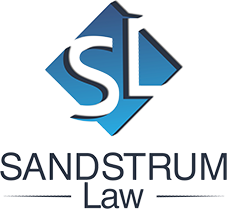Generally, the advantages and disadvantages of incorporating are:
- 1. The selection of the appropriate form of business organization depends on the client’s present needs and any foreseeable developments that might affect his or her business. Each form has its advantages and disadvantages.
- 2. The proprietorship offers the small businessperson the benefits of limited interference from government agencies, simple liquidation procedures and efficiency of operation (i.e., all business decisions are made by one person).
-
The disadvantages of the proprietorship include:
- a. Unlimited personal liability,
- b. Taxation at individual income tax rates,
- c. Limitations on the amount of capital that can be raised, and
- d. Termination on the death of the proprietor.
- a. Unlimited personal liability,
-
3. Some of the advantages of the corporate form of business organization are:
- a. The limitations on the personal liability of a shareholder or director,
- b. Potentially perpetual existence,
- c. The ease with which additional capital may be raised, and
- d. Tax-free formation.
Drawbacks include:
- a. Significant governmental regulations,
- b. Dispersion of control among shareholders, directors and officers,
- c. Franchise taxes, and
- d. The double taxation of income.
- a. The limitations on the personal liability of a shareholder or director,
- 4. Consider also the advantages of a general or limited partnership. The latter form may be particularly useful when the client needs additional capital but does not want to relinquish any control of the operation. Consult your attorney for proper legal advice and the applicable state statute for details concerning the formation and operation of partnerships.
The above information is from Westlaw 2013 Thomson Reuters.

